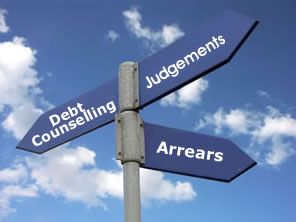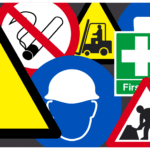Recent stats show from Debt Rescue and Statistics SA show that South Africans spend 75% of their salaries on paying debt and in addition, a debt industry survey showed that 51% of the participating respondents were unable to meet their minimum debt repayment requirements every month. This is no wonder why a lot of South Africans are under debt counselling. Most people are however, unsure what debt counselling is and what it means to be under debt counselling, in this article we address exactly that.
What is debt counselling?
The concept of debt counselling was first introduced in 2007 by the National Credit Act (the NCA). This is a regulated process whereby a debt counsellor negotiates, on your behalf, with all your creditors, to have the terms of each credit agreement extended and the installment reduced. A person that facilitates this process is known as a debt counsellor. Debt counsellors are registered and regulated by the National Credit Regulator.
Who may qualify for debt counselling?
The general rule is that anyone can apply for debt counselling, but not everyone will qualify. To qualify for debt counselling, you need to be over indebted as defined by the NCA that is you are unable to meet all your financial obligations in a timely manner. This means that a creditor is unable to repay the minimum monthly installments. If the debt counsellor does not think you are over indebted you will not be put under debt counselling. A court can also place a creditor under debt counselling upon application by the creditor if they have been rejected by a debt counsellor. This is usually the case where a debt counsellor feels that the debtor is not over indebted but the debtor feels that they are.
Are there costs associated with debt counselling?
Unfortunately like most things, debt counselling is not free. Luckily debt counsellor’s fees are regulated by the NCR. The fees may include the following:
- application fees
- rejection fee (yes they charge you for rejecting your application)
- Debt counsellor’s fees
- After care fees
Are all debts included in the process?
The answer to this is no. If legal action was already instituted by the time you submit your application that debt may be excluded.
Can I get more credit?
In terms of the NCA, credit providers are prohibited from lending to consumers while they are in debt counselling, unless the loan is a consolidation loan and does not result in greater indebtedness.
What if my debt counselor neglects my matter?
You can refer your matter to the Credits Ombudsman .
Tips:
- If you have no income debt counselling might not be a great idea.
- The creditors reserve the right to take legal action against you
- If there are any legal fees associated with this process, the debt counsellor needs to bring this to your attention
- If the counsellor fails to submit your proposal to the creditors or refer your matter to the National Consumer Tribunal or court within 60 days you are entitled to a total refund of all the fees you have paid
- You need to note that if you fall behind on any of your repayments you will be liable for the principal debt, interest and collection fees.
Comments are closed.





